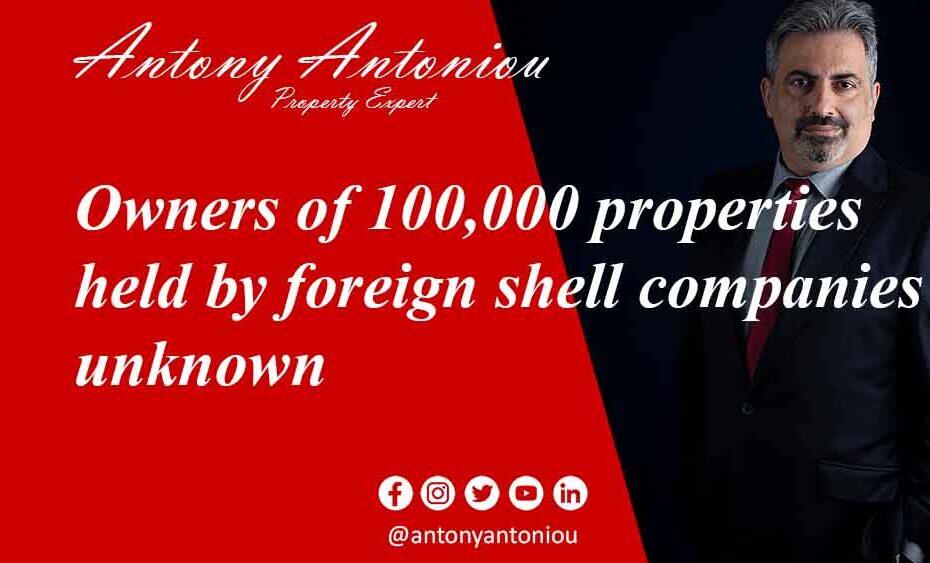Owners of 100,000 properties held by foreign shell companies unknown
“Loopholes Persist: Owners of 100,000 Properties Held by Foreign Shell Companies Unknown Despite New UK Laws”
Introduction:
In a bid to combat the influx of corrupt elites and money launderers hiding their wealth through UK property investments, the UK government introduced a register of overseas entities in August 2022. However, a recent analysis has revealed that more than two-thirds of English and Welsh properties held by foreign shell companies continue to conceal the identities of their true owners. Despite the rules coming into force on January 31, a report by researchers from the London School of Economics and Political Science (LSE), the University of Warwick, and the Centre for Public Data suggests that loopholes in the system are still being exploited, raising concerns about transparency, security, and the efficacy of these regulations.
The Elusive Ownership:
As of today, the true owners of over 100,000 properties in England and Wales, controlled through overseas shell companies, remain undisclosed. This revelation has sparked concerns among corruption watchdogs and members of parliament, who have been highlighting the attractiveness of the UK, especially London, as a haven for ill-gotten gains and corruption proceeds. Moreover, the lack of ownership information complicates asset freezing procedures when individuals are placed under sanctions.
Legal Loopholes and Ownership Obscurity:
The analysis of the register of overseas entities found that an alarming 87% of these properties were shrouded in obscurity due to legal loopholes. While some companies (between 6% and 9%) had disregarded the requirement to register, others had “out-of-date or poorly documented records.” Shockingly, trusts were discovered to be the preferred method for concealing ownership in 63% of cases. Trusts are legal entities that allow one person to hold property on behalf of another, often a family member, without public registration requirements, making them an ideal tool for those looking to keep their property holdings hidden.
The Role of Trusts:
Trusts have gained notoriety for their use by Russian oligarchs, who have managed to keep their property assets confidential. In several instances, these holdings were only exposed thanks to leaks of private data. While the government has faced calls to list the beneficiaries of trusts in public records, it has resisted, citing concerns about impinging on trust beneficiaries’ privacy. This stance has drawn criticism from those advocating for increased transparency in property ownership.
Closing the Gaps:
Andy Summers, an associate professor at the LSE, emphasized the need to address these gaps in the register’s effectiveness, stating, “There is no point building a dam halfway across a river.” He called on the government to take swift action to close these loopholes to ensure the register’s efficacy in combating corruption and money laundering.
The Way Forward:
In addition to the trust issue, there are also efforts to require nominees and trustees owning shares to disclose their identities to Companies House, the UK’s company register. The House of Commons is set to consider amendments to the economic crime bill aimed at closing these loopholes. However, these changes face an uncertain future without government support.
Conclusion:
While the UK government’s efforts to introduce a register of overseas entities were well-intentioned, it is clear that significant shortcomings still exist. With the identities of over 100,000 property owners hidden behind legal loopholes, the fight against corruption and money laundering remains an uphill battle. It is now crucial for the government to address these concerns promptly and comprehensively to ensure the transparency and security of property ownership in the UK. Only then can the nation truly be protected from the influence of corrupt elites and illicit financial activities.

